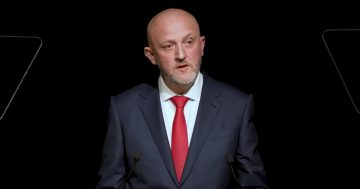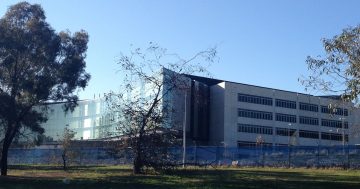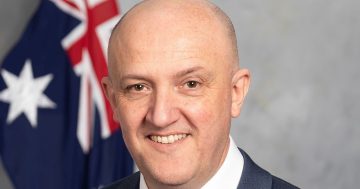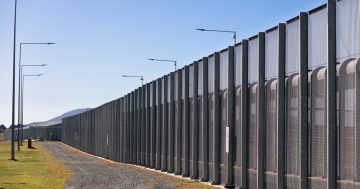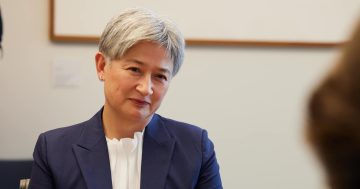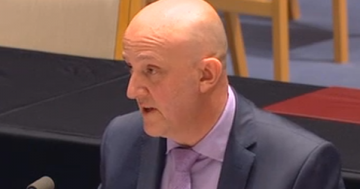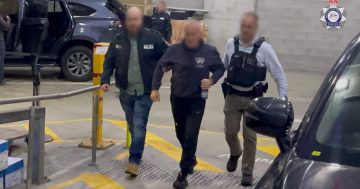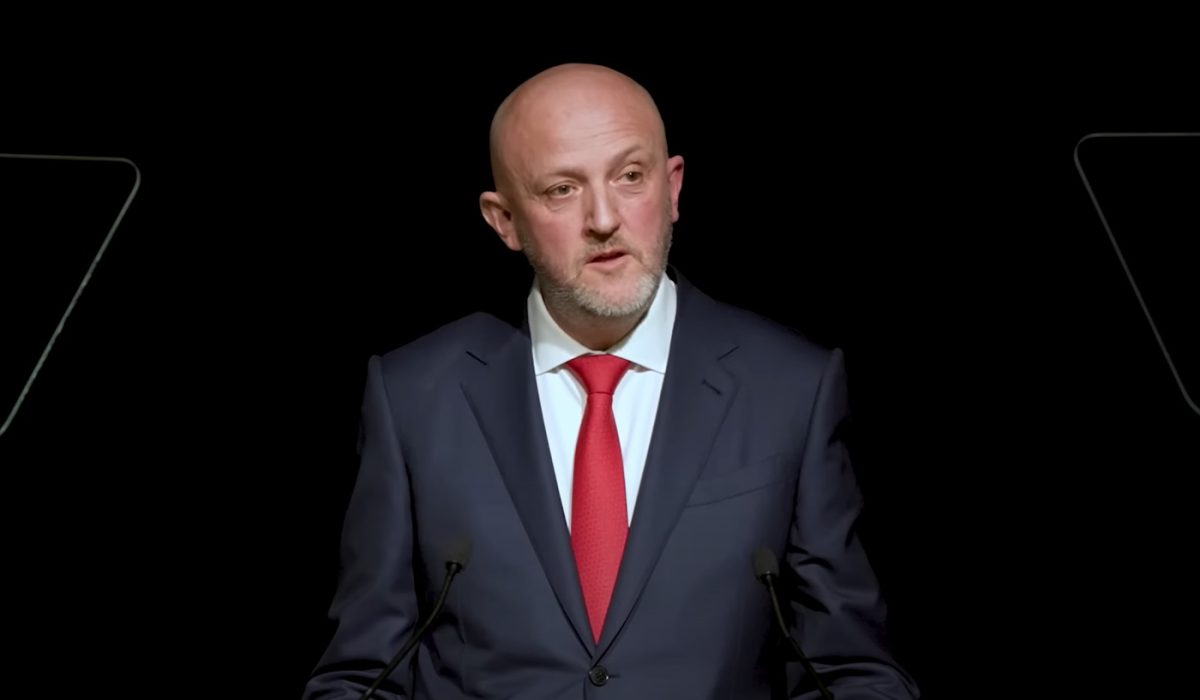
ASIO Director-General Mike Burgess has delivered his Annual Threat Assessment speech. Photo: Screenshot.
The head of the necessarily opaque Australian Security Intelligence Organisation (ASIO) has revealed that a former Australian politician was successfully “cultivated and recruited” by a foreign government and went on to sell out their country.
In his 2024 Annual Threat Assessment speech to media and dignitaries last night (28 February), ASIO Director General Mike Burgess said a particular foreign service had established a team with a particular interest in Australia, which ASIO dubbed the ‘A-Team’.
He said while the team was aggressive and experienced and its tradecraft was good, it was not good enough, and that ASIO and its partners had been able to map out its activities and identify its members and counter its activities.
“The A-team members trawl professional networking sites looking for Australians with access to privileged information, and then use false, anglicised personas to approach their targets,” Mr Burgess said.
“The spies pose as consultants, head-hunters, local government officials, academics and think tank researchers, claiming to be from fictional companies such as Data 31.
“Most commonly, they offer their targets consulting opportunities, promising to pay thousands of dollars for reports on Australian trade, politics, economics, foreign policy, defence and security,” he added.
“This might suggest the A-team’s priority is classified material, but its appetites are wider than that. We have seen it try to recruit students, academics, politicians, businesspeople, researchers, law enforcement officials and public servants at all levels of government.”
Mr Burgess said the A-Team had “successfully cultivated and recruited a former Australian politician”.
“This politician sold out their country, party and former colleagues to advance the interests of the foreign regime,” he said, without naming who he was talking about. “At one point, the former politician even proposed bringing a Prime Minister’s family member into the spies’ orbit.”
The revelation has prompted former federal treasurer and Australian ambassador to the US, Joe Hockey to call for the politician to be named or else every politician would be tainted by the revelation.
“For a start, the former politician is a traitor,” Mr Hockey told ABC Radio National this morning. “It wasn’t an allegation by the head of our intelligence agency, it was a statement of fact.
“It makes us all question as representatives in the parliament who we can trust, who of our current and former colleagues can we trust?” he added. “And that’s ridiculous.”
Mr Burgess said that, in the 75 years since ASIO was established, the security environment had changed markedly.
“Terrorists and spies don’t do business as usual; there are constant shifts in threat, intent, tactics, capabilities and technologies,” he said.
He said that, in 2024, threats to Australia’s way of life had surpassed terrorism as our principal security concern.
“We have come full circle,” he said. “While the terrorism threat level is ‘Possibe’, if we had a threat level for espionage and foreign interference it would be at ‘Certain’ – the highest level on the scale.
“When we see more Australians being targeted for espionage and foreign interference than ever before, we have a responsibility to call it out,” he added. “Australians need to know that the threat is real. The threat is now. And the threat is deeper and broader than you might think.
“And sometimes we use public statements, such as my speech today, to shine a disinfecting light on the tactics our adversaries use, so potential targets are better able to identify and resist overtures.”
He said Australia’s critical infrastructure was vulnerable to foreign cyber-attacks.
“ASIO is aware of one nation state conducting multiple attempts to scan critical infrastructure in Australia and other countries, targeting water, transport and energy networks,” he said.
“The reconnaissance is highly sophisticated, using top-notch tradecraft to map networks, test for vulnerabilities, knock on digital doors and check the digital locks. We assess this government is not actively planning sabotage, but is trying to gain persistent undetected access that could allow it to conduct sabotage in the future.
“Last year … one telecommunications network went down for less than one day,” he said of last November’s Optus outage. “The cascading effects were more significant and widespread than most people would have expected.
“There were social impacts when families could not communicate, medical impacts when the sick could not call triple-0, financial impacts when businesses could not process transactions, and transport impacts when a vehicle charging system went down. Services that people take for granted proved uncomfortably fragile.”
He also identified the rise of nationalist, racist, extremist and conspiracy theorist groups, many of which were coming together to complicate threats, as a growing issue.
“We have seen them endorsing attacks on power networks, electrical substations and railway networks,” he said. “While it is largely big talk, ASIO remains concerned about a lone actor moving from talk to action without warning.”
Mr Burgess said ASIO would publish a framework later this year designed to help organisations build and maintain a robust security culture.
“It will make it clear there is no fast track; a security culture must be intentionally prioritised and developed over time,” he said.
“It’s never too late to strengthen your security culture. There are many practical steps and actions you can take.
“The most important is to take security more seriously.”
Original Article published by Andrew McLaughlin on Riotact.


